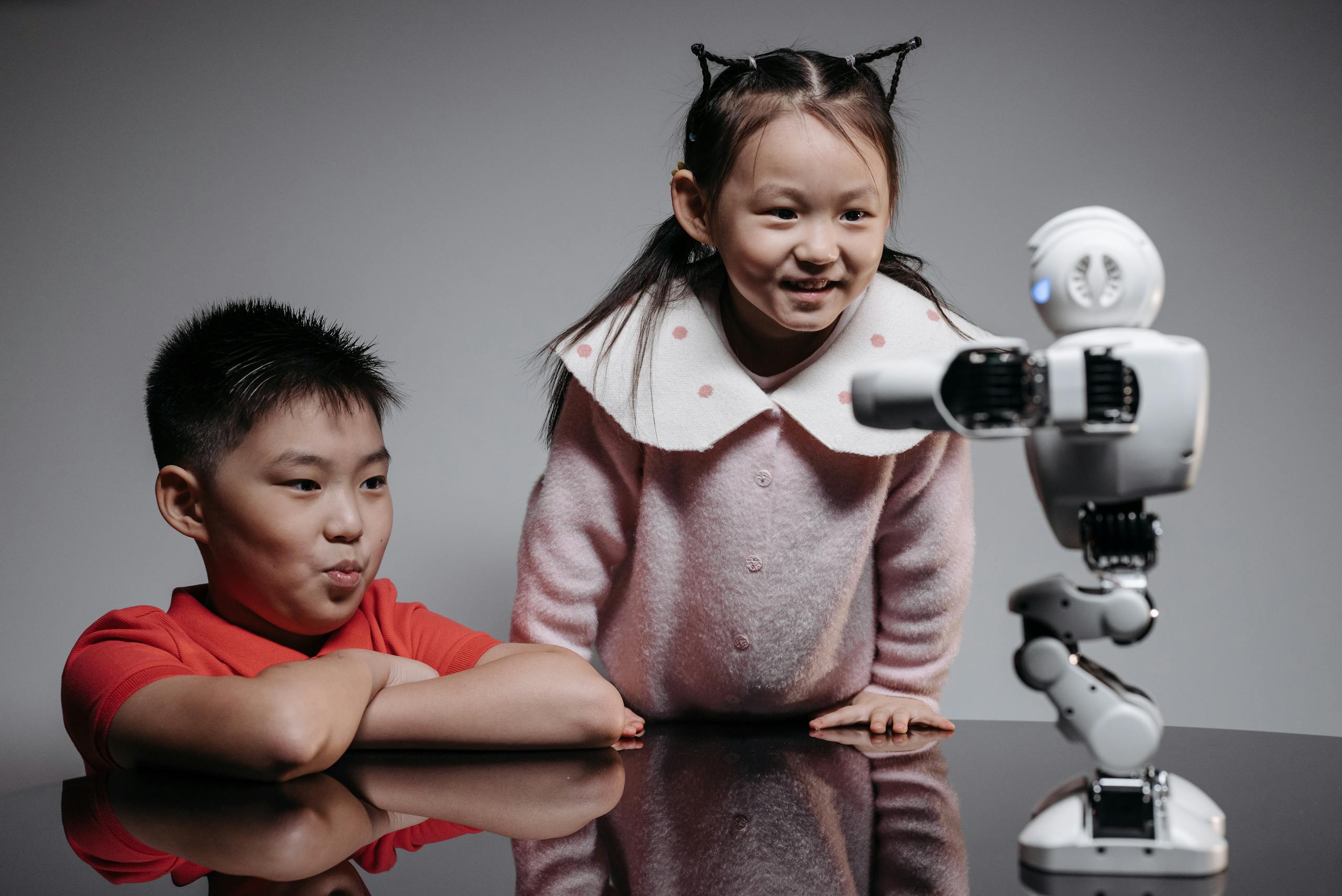
The Future of AI in Education: Personalized Learning
In recent years, technology has drastically transformed various sectors, and education is no exception. As we navigate through the digital era, the role of Artificial Intelligence (AI) in revolutionizing education has become increasingly prominent. One of the most significant impacts of AI in the educational sphere is the emergence of personalized learning. This transformative approach tailors education to meet the unique needs of each student, enhancing the learning experience and outcomes. In this blog post, we will explore the future of AI in education, focusing on personalized learning, its benefits, challenges, and the potential it holds for shaping the future of education.
Understanding Personalized Learning
Personalized learning is an educational approach that seeks to customize learning experiences based on individual student’s strengths, needs, skills, and interests. Unlike traditional teaching methods, which often adopt a one-size-fits-all model, personalized learning leverages technology to provide a more tailored educational experience. AI plays a crucial role in facilitating personalized learning by analyzing data to adapt educational content and resources to the learner’s profile.
The Role of AI in Personalized Learning
AI technology enables personalized learning by using algorithms to analyze student data, including academic performance, learning pace, and engagement levels. This data-driven approach allows for the creation of a customized learning path for each student, ensuring that they receive the appropriate resources and support to succeed. For instance, AI can recommend specific learning materials, exercises, or even suggest adjustments to teaching methods to better align with a student’s learning style.
Moreover, AI-powered tools such as intelligent tutoring systems and adaptive learning platforms provide real-time feedback and support, enhancing the learning experience. These tools can identify areas where a student is struggling and offer additional resources or practice exercises to help them improve. This level of customization not only boosts student engagement but also fosters a deeper understanding of the subject matter.
The Benefits of AI-Driven Personalized Learning
The integration of AI in personalized learning offers several benefits that can significantly enhance educational outcomes:
1. Improved Student Engagement
AI-driven personalized learning focuses on tailoring the educational experience to fit each student’s interests and learning style, resulting in increased engagement. When students are more engaged, they are more likely to participate actively in their learning process, leading to better retention and understanding of the material.
2. Enhanced Learning Outcomes
By providing resources and support that align with a student’s individual needs, AI-powered personalized learning can lead to improved academic performance. A study by the Gates Foundation found that students in personalized learning environments made greater gains in math and reading compared to their peers in traditional settings.
3. Efficient Use of Resources
AI can help educators allocate resources more efficiently by identifying students who require additional support or those who are ready to advance. This ensures that teachers can focus their efforts on students who need the most help, while allowing other students to progress at their own pace.
4. Empowered Teachers and Students
AI provides teachers with valuable insights into their students’ learning patterns, enabling them to make informed decisions about their teaching strategies. Additionally, students can take greater ownership of their learning journey, as they have access to tools that allow them to track their progress and set personalized goals.
Challenges and Considerations
While AI-driven personalized learning holds immense potential, it is not without its challenges. Addressing these challenges is crucial to ensuring the successful implementation of personalized learning in educational institutions.
1. Data Privacy and Security
One of the primary concerns with AI in education is the collection and use of student data. Ensuring data privacy and security is essential to protect students’ sensitive information from unauthorized access and misuse. Educational institutions must adopt stringent data protection measures and comply with relevant regulations to address these concerns.
2. Equity and Accessibility
Ensuring equitable access to AI-powered personalized learning tools is another significant challenge. Not all students have access to the necessary technology or internet connectivity, which can exacerbate existing educational disparities. Policymakers and educators must work together to bridge the digital divide and ensure that all students can benefit from personalized learning.
3. Teacher Training and Support
For AI-driven personalized learning to be successful, teachers must receive adequate training and support to effectively integrate AI tools into their teaching practices. Professional development programs should be designed to equip educators with the necessary skills to leverage AI technology in the classroom.
4. Balancing Technology and Human Interaction
While AI can enhance personalized learning, it is essential to strike a balance between technology and human interaction. The role of teachers remains crucial in providing guidance, support, and mentorship to students. AI should be viewed as a complementary tool that supports teachers, rather than replacing them.
The Future of AI-Driven Personalized Learning
The future of AI in education is promising, with personalized learning at the forefront of this transformation. As technology continues to advance, we can expect further innovations in AI-driven personalized learning, including:
1. Enhanced Adaptive Learning Systems
Future AI-driven adaptive learning systems will become even more sophisticated, offering more precise and tailored learning experiences. These systems will be able to analyze a wider range of data points, including emotional and social factors, to create more holistic learning environments.
2. Integration with Virtual and Augmented Reality
The integration of AI with virtual and augmented reality (VR/AR) technologies will revolutionize personalized learning by providing immersive and interactive educational experiences. These technologies can simulate real-world scenarios, allowing students to apply their knowledge in practical settings.
3. Global Collaboration and Knowledge Sharing
AI-powered platforms will facilitate global collaboration and knowledge sharing among educators and students. By connecting learners from diverse backgrounds, these platforms can foster cross-cultural understanding and promote a more inclusive learning environment.
4. Lifelong Learning Opportunities
AI-driven personalized learning will extend beyond traditional educational settings, offering lifelong learning opportunities for individuals of all ages. With the ability to customize learning experiences based on personal and professional goals, AI can support continuous skill development and career advancement.
Actionable Tips for Educators and Institutions
For educators and institutions looking to embrace AI-driven personalized learning, here are some actionable tips to consider:
1. Start Small and Scale Gradually
Begin by integrating AI tools into specific areas of the curriculum and gradually expand their use as educators become more comfortable with the technology.
2. Foster a Culture of Innovation
Encourage a culture of innovation and experimentation within the educational institution to support the adoption of AI-driven personalized learning.
3. Prioritize Professional Development
Invest in professional development programs to equip educators with the skills and knowledge needed to effectively implement AI tools in the classroom.
4. Engage with Stakeholders
Engage with students, parents, and other stakeholders to gather feedback and insights on the implementation of personalized learning initiatives.
Conclusion
The future of AI in education is bright, with personalized learning offering a transformative approach to teaching and learning. By leveraging AI technology, educators can provide customized educational experiences that cater to the unique needs of each student, ultimately improving engagement, performance, and overall educational outcomes. However, to fully realize the potential of AI-driven personalized learning, it is essential to address challenges related to data privacy, equity, and teacher support. With careful planning and collaboration, the integration of AI in education can pave the way for a more inclusive and effective learning environment for all.


